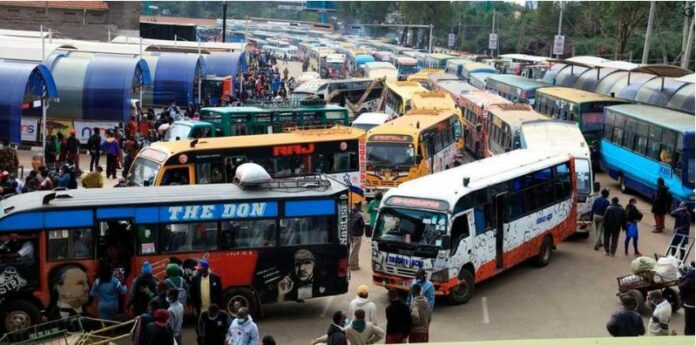The Matatu business is booming in Nairobi given the high demand for public service vehicles as commuters move to different places for their day-to-day activities.
It is one of the businesses that require huge capital to start given the high expenses, including the cost of the vehicle, licenses, sacco registration, and fuel, among others.
According to some investors, the business can be very profitable if correctly done and with an honest driver and conductor. In addition, the amount of money an investor makes depends on the size of the vehicle.
Matatus are categorised into six classes. Class I are 14 seaters, Class II are minibuses for 15 to 25 passengers, Class III are also minibuses ferrying 25 to 40 passengers.
Class IV are buses with a capacity of 40; Class V (urban buses with 40-passenger capacity) while Class VI are double-decker buses ferrying more than 40 passengers.
Lenny, a Matatu driver in Nairobi, revealed that, like any other business, the matatu business is full of challenges, hence the need for patience.
The hidden, dark side of matatu business that no one tells you about
“It’s not something easy, you must be patient and go through the different levels. I didn’t start here, I started by driving other small matatus which helped me gain experience,” said Lenny who drives a 33-seater.
His vehicle is fitted with CCTV cameras, large screens, and Music to keep passengers entertained while in transit.
Lenny noted that the vehicle consumes between Sh15,000 and Sh16,000 worth of fuel every day.
Dennis Makau, a car enthusiast notes that to get a vehicle like Lenny’s, one would part ways with at least Sh10 million.
In addition, lighting, entertainment, and acquiring new bumpers, among other body modifications, would cost an investor an additional Sh6.7 million or more, depending on preference.
He added that the owner of the matatu makes Sh13,000 or Sh14,000 per day on weekdays and at least Sh10,000 on weekends.
It is estimated that matatu investors make between Sh6,000 and Sh10,000 after fuelling for the next day and paying the crew. If you factor in crew days off, this translates to up to Sh250,000 per month.








